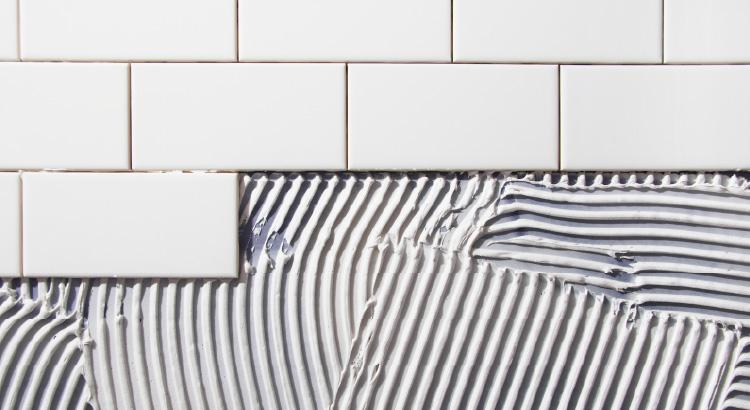

More Homes for Sale Isn’t a Warning Sign – It's Your Buying Opportunity
Maybe you’ve heard the number of homes for sale has reached a recent high. And it might make you question if this is the start of another housing market crash.But the reality is, the data proves that’s just not the case. In most areas, more inventory isn’t bad news. It’s actually a sign of the marke
Read More

What Buyers Need To Know About Homeowners Association Fees
When buying a home, you’re probably thinking about mortgage rates, home prices, your down payment, and maybe even your closing costs. But you may not be thinking about homeowners association (HOA) fees. While you won’t necessarily have these, you should know it’s a possibility, depending on where yo
Read More

You Could Use Some of Your Equity To Give Your Children the Gift of Home
If you’re a homeowner, chances are you’ve built up a lot of wealth – just by living in your house and watching its value grow over time. And that equity? It’s something that could help change your child’s life.Since affordability is still a challenge, a lot of first-time buyers are struggling to buy
Read More

Housing Market Forecasts for the Second Half of 2025
Some HighlightsAre you wondering what to expect if you buy or sell a home in the second half of the year? Here’s what the expert forecasts tell you.Mortgage rates are expected to come down slightly. There will be more homes available for sale. And as inventory rises, home price growth will moderate.
Read More
Recent Posts











